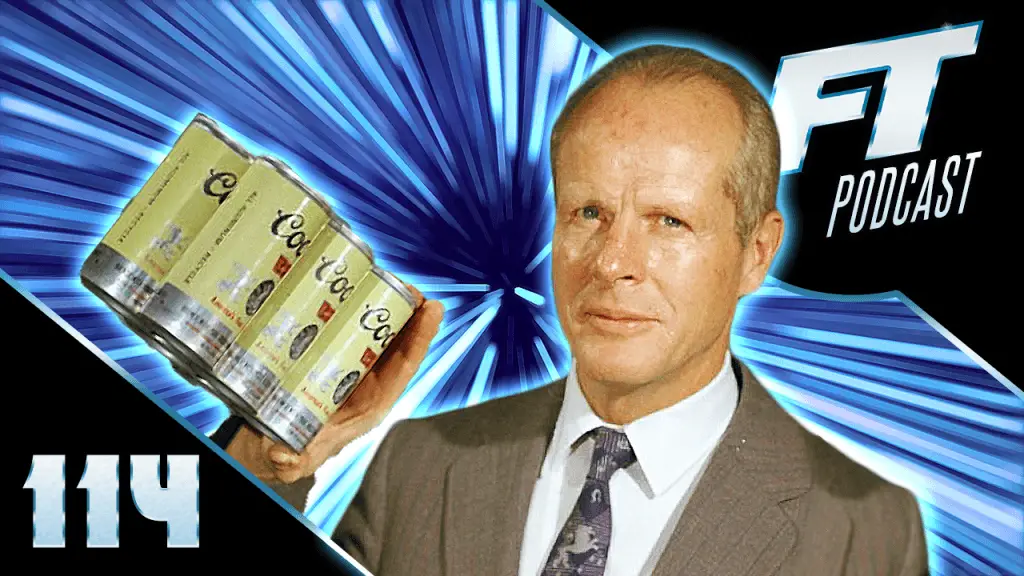
Every year since 1935, the Heisman Trophy has been given to a college football player (usually an upperclassman) whose athletic abilities and achievements earn him institutional acknowledgment. The path that each player travels to arrive at excellence worthy of such an honor may vary, but every one of them is sure to be filled with pain, setbacks, and finally triumph. The story of how Ernie Davis, a halfback for Syracuse University’s Orangemen from 1958 through 1961, is one out of seventy-two.* For author Robert Gallagher and director Gary Fleder, though, Ernie Davis and his path to the Heisman is something we all should know. Adapted from Gallagher’s book Ernie Davis: The Elmira Express, Fleder’s film “The Express” brings Ernie’s journey to kinetic, audiovisual life.
The biopic begins in the year 1960 and the Syracuse Orangemen are in Dallas, Texas. The depiction of game-play is brief but sufficiently creates an amount of dramatic tension. The film then flashes back to 1949 Uniontown, Pennsylvania, where young Ernie Davis (Justin Martin) and his cousin Will (Justin Jones) are collecting empty Pepsi-Cola bottles along a railroad track. They run into a group of territorial white boys. Will hops onto a train in order to avoid assault. Ernie stares down his would-be attackers, picks up Will’s bottle sack and takes off running. In case you missed the significance of the scene, Ernie’s voice-over narration and the following sequences impart that Ernie knew from the time he was ten years that he wanted to play football. It isn’t enough that he believes it’s something he can do well, though. He needed a role model, which, as the film suggests, is Jackie Robinson.
The next handful of scenes presents the impact that Ernie’s grand-father Willie ‘Pops’ Davis (Charles S. Dutton) has in the young boy’s life. When Ernie’s mother (Aunjanue Ellis) re-enters her son’s life, he can move with her to Elimra, New York with an unwavering mental and emotional foundation. Once young Ernie has relocated, the film orders montage after montage until it’s 1958 and teenaged Ernie (Rob Brown) has decided, with the mentoring words of Jim Brown (Darrin Dewitt Henson), to attend Syracuse University so that he can spend as much of his life as he can doing something he loves. Under the guidance of Coach Ben Schwartzwalder (Dennis Quaid) and friendship of teammate Jack (Omar Benson Miller), Ernie finds a place and victory in the world of collegiate football amidst a nation embroiled in racial tension.
Categorically, “The Express” is a football film and a biopic, but it isn’t like the standard sports inspirational film that culminates with the big game, the final testament of right over wrong, the last chance for the (collective) protagonist to prove to everyone (including themselves) that they can persevere and win. “The Express” does not end with the big game (against the Texas Longhorns at the Cotton Bowl in January of 1960) or with the formal recognition that Syracuse has now won—with Ernie’s determination and resilience—its first National Championship. Instead, it continues and covers the last years of Ernie’s life, which includes winning the Heisman Trophy, being drafted by the Washington Redskins, signing with the Cleveland Browns, finding out that he has leukemia, and encouraging Floyd Little to attend Syracuse.
When the film ends, you may not think it allows you to live vicariously through its main character as other biopic football films such as “Remember the Titans”, “Invincible”, and “We Are Marshall” do. Football films that do not deviate too far from the formula are comforting in their predictability; nonetheless, it is refreshing when an inspirational sports film emphasizes the sport component and integrates off-field scenes out of narrative necessity rather than genre obligation. Visually, there is a lot of football. The film includes non-football scenes (off-field and out-of-uniform), but the sport is justifiably still a frequent topic of discussion.
“The Express” sets out to tell the story of Ernie Davis and his history-making accomplishments in football. Ernie wasn’t just the first African-American to receive the Heisman; he was also the first Orangeman to win it. Furthermore, before he was on the team, Syracuse had yet to win a National Championship. In portraying the difficulties that the Orangemen face in keeping their focus on the game while simultaneously remembering that they are battling against something beyond the parameters of the field and the rules of athletic engagement, “The Express” doesn’t resort to the overly sentimental and conventional method of heartstrings’ tugging.
The film can only do so much in the time it has to show a culturally and politically important turning point in American history via the life of Ernie Davis. Rather than watch the closing credits with an overwhelming or mildly nagging feeling that the film could have done more to offer a more complete view of his life, you depart with the curiosity and eagerness to learn more about Ernie Davis and his time at Syracuse University. Even if you already knew the facts, you won’t be able to help but reflect in awe at how much progress in the fight against discrimination has been made on a societal level.
*As of 2007.
